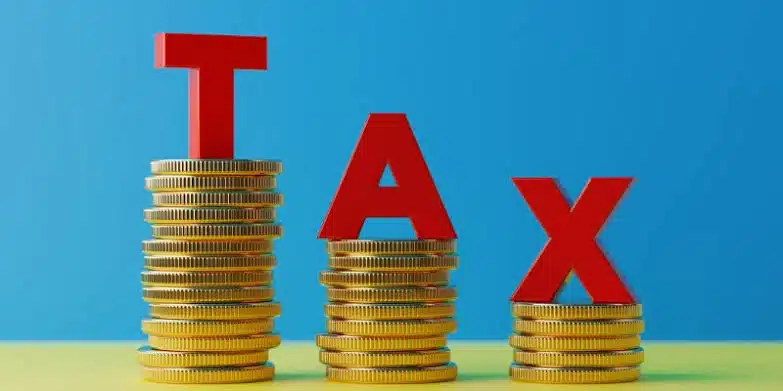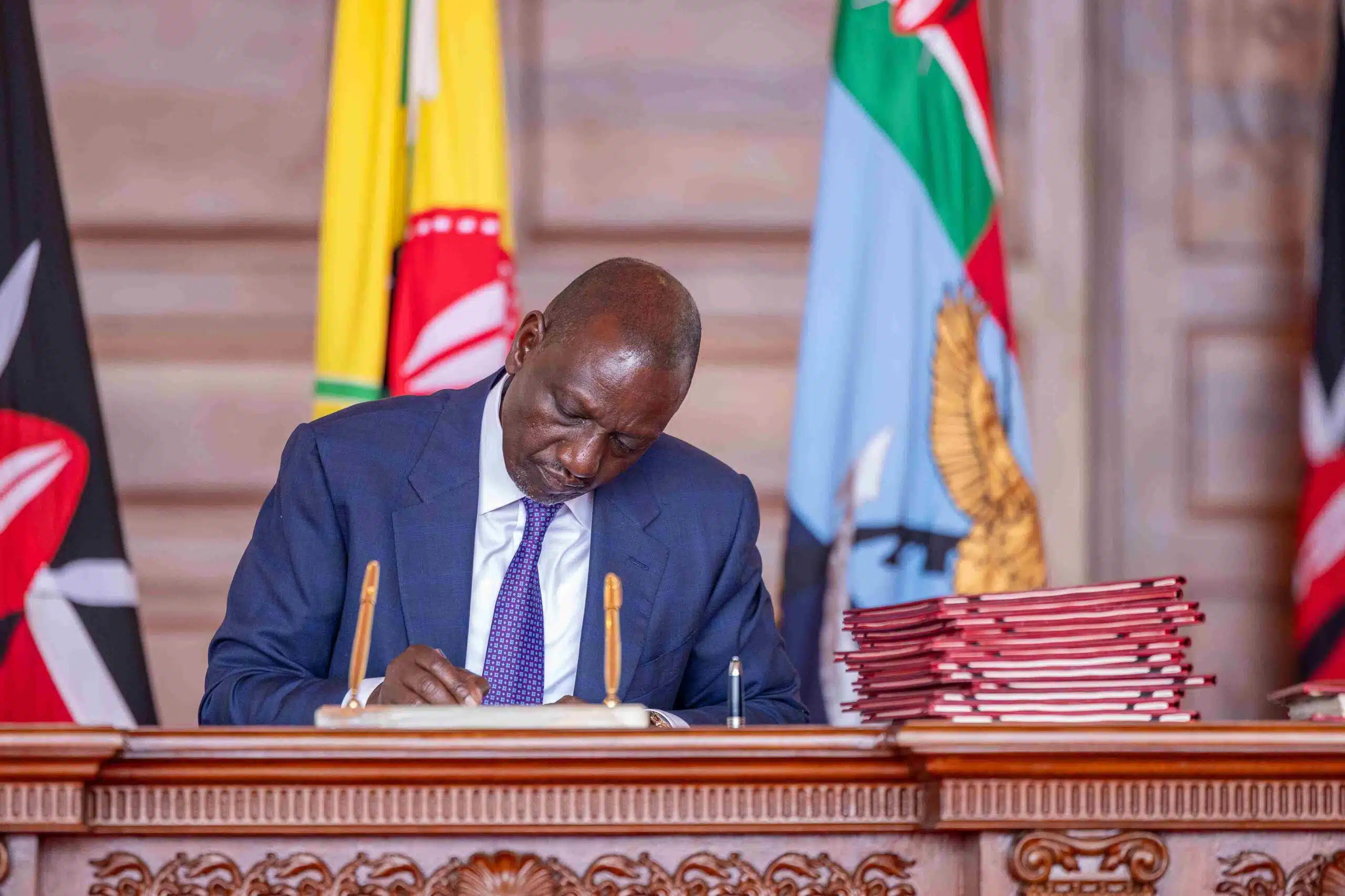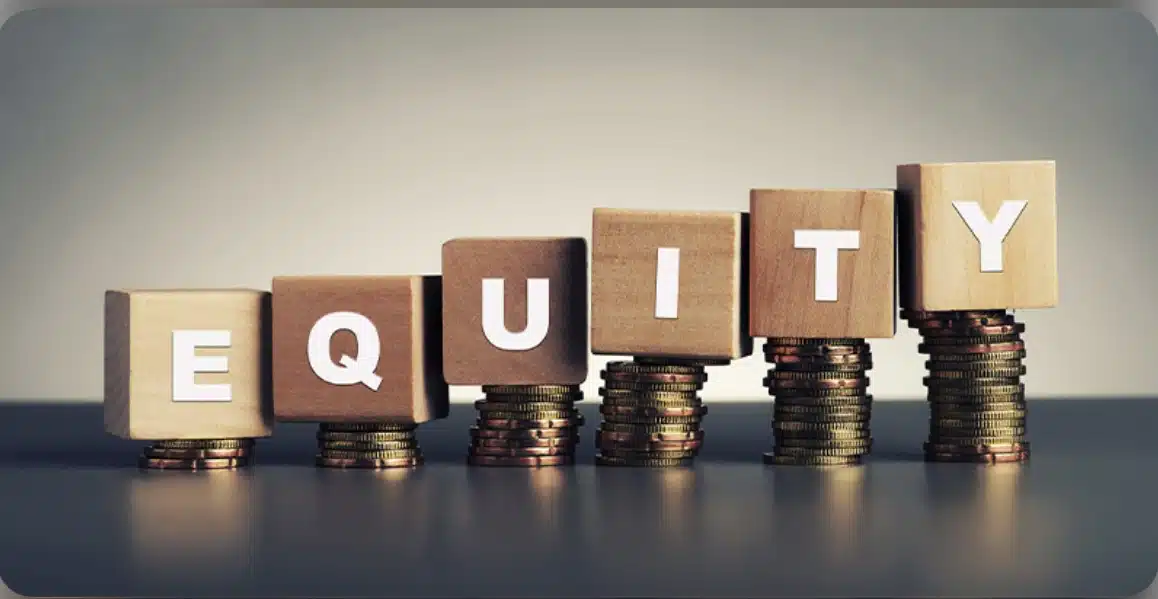Nigeria’s lower house of parliament has approved an extensive tax overhaul aimed at boosting government revenue, but only after making significant changes to key proposals, including a planned increase in value-added tax (VAT) and corporate tax reductions.
Lawmakers approved th four tax reform bills initially proposed by President Bola Tinubu in October 2024 on Thursday, marking a major step in the government’s efforts to modernise Nigeria’s tax system.
However, members of the parliament rejected some of the most controversial provisions, including a phased increase in VAT from 7.5% to 15% over six years, a measure that faced strong opposition from some state governors.
The VAT hike was critical to Tinubu’s fiscal strategy, intended to help fund the national budget and reshape how revenue is distributed among Nigeria’s 36 states.
But governors from less industrialised states argued that the measure would disproportionately benefit wealthier regions, leading lawmakers to strike it down.
Instead, VAT will remain at 7.5%, with a revised formula for how it is shared across states.
Another key measure that was scrapped was the proposed reduction of corporate income tax from 30% to 25% by next year.
While the government had framed this as a way to stimulate investment and partially offset the impact of higher VAT, legislators rejected it, citing concerns over potential revenue shortfalls.
Despite these revisions, the approved bills introduce several significant changes to Nigeria’s tax structure.
The legislation imposes a global minimum tax on multinational companies with an annual turnover of at least $970.8 million, aligning Nigeria with international tax rules aimed at preventing corporate profit shifting.
It also raises the minimum tax threshold for domestic businesses to ₦50 billion ($32.66 million), reducing the tax burden on smaller firms.
Additionally, lawmakers modified revenue-sharing arrangements to address regional concerns.
While Tinubu’s proposal had sought to allocate 60% of VAT revenue to high-revenue states, the final bill caps this at 30%, with the remaining 70% distributed based on population and equal shares among states.
In the oil sector, the approved reforms replace the 85% petroleum profit tax with a 30% corporate tax on oil industry gains.
Meanwhile, businesses operating in free trade zones and exporting at least 75% of their goods and services will remain exempt from the minimum tax, a measure designed to maintain Nigeria’s competitiveness in global trade.
The bills now move to the upper house of parliament for approval before being sent to President Tinubu for final assent.
If enacted, the reforms will mark a crucial shift in Nigeria’s tax policy, as the government seeks to reduce its reliance on borrowing and improve revenue generation in Africa’s largest economy.






